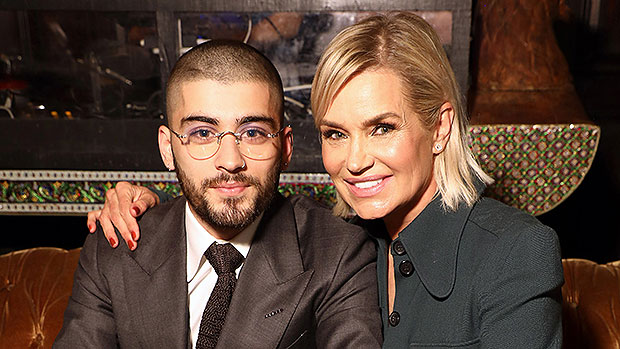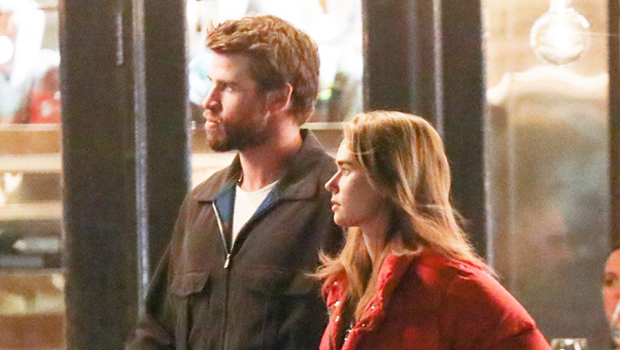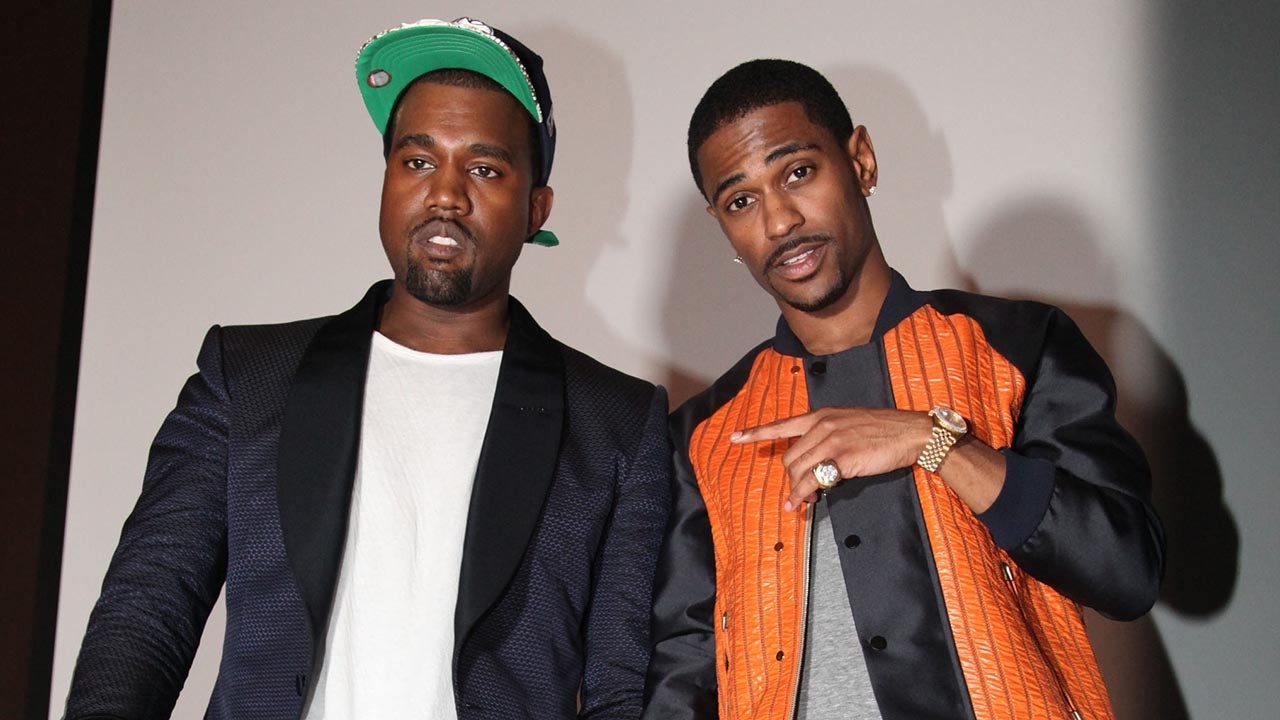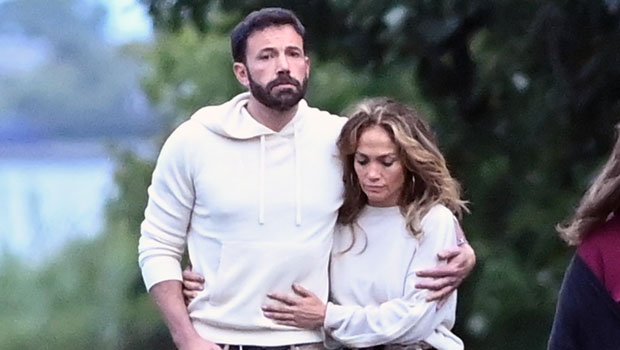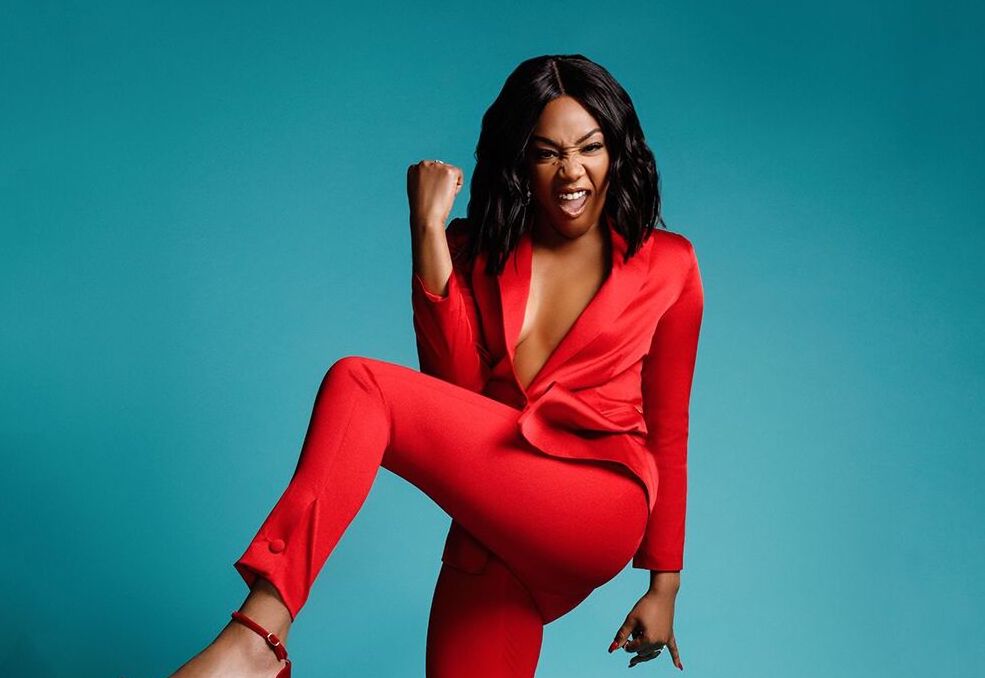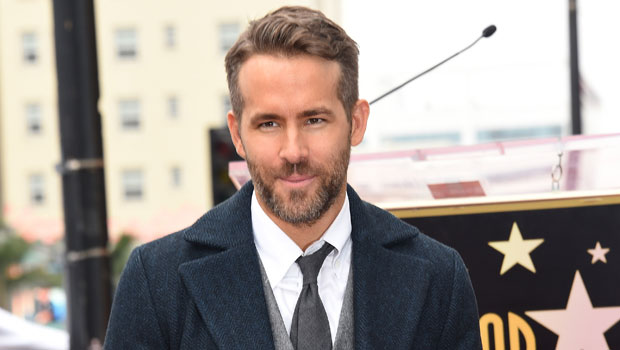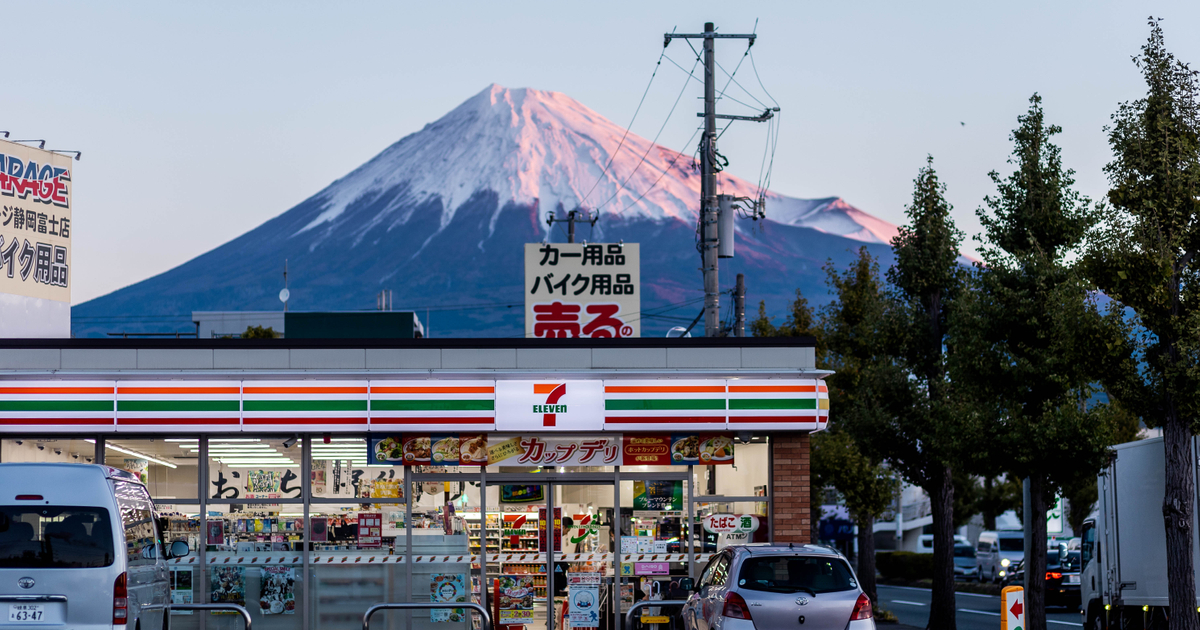Tribeca 2022 Women Directors: Meet Nadia Hellgren – “Civil”
Nadia Hallgren is an award-winning filmmaker from The Bronx, New York. She directed “Becoming,” the 2020 Netflix feature documentary about former First Lady Michelle Obama. “Becoming” was nominated for four Emmys and Hallgren is the first person in Emmy...
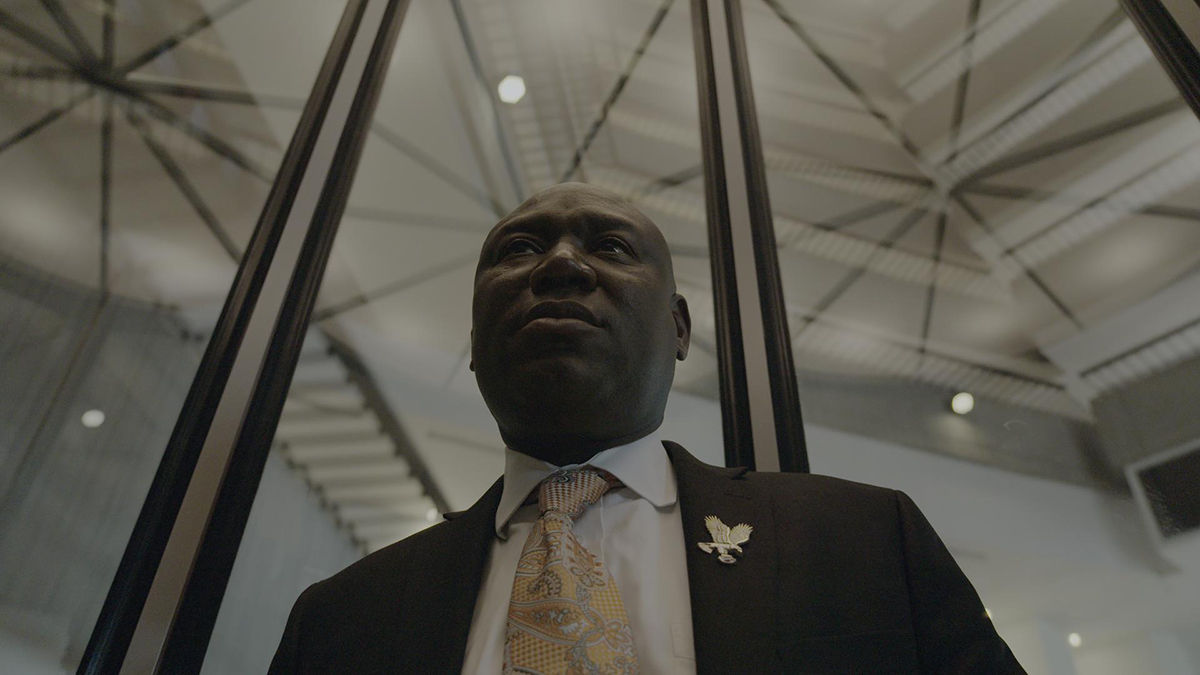
Nadia Hallgren is an award-winning filmmaker from The Bronx, New York. She directed “Becoming,” the 2020 Netflix feature documentary about former First Lady Michelle Obama. “Becoming” was nominated for four Emmys and Hallgren is the first person in Emmy history to be nominated in both the directing and cinematography categories on the same film. Hallgren’s short films include the Academy Award-shortlisted “After Maria” and “Omnipresence.”
“Civil” is screening at the 2022 Tribeca Film Festival, which is taking place June 8-19.
W&H: Describe the film for us in your own words.
NH: “Civil” is a verité film that follows the life and work of attorney Ben Crump while he is at the forefront of the racial reckoning in America. Crump’s mission is to raise the value of Black life. Representing clients from the family of George Floyd to the Black Farmers, Ben wants America to come to terms with what it owes his clients.
W&H: What drew you to this story?
NH: When the murder of George Floyd happened and all the protests that followed, I knew history was unfolding. There was a shift in the world happening. As a Black filmmaker, I felt I had to do something that documented the moment — but I was trying to figure out what. I was home watching Ben Crump on the news just like everyone else, then the phone rang. Ben Crump has an edge I was interested in exploring.
W&H: What do you want people to think about after they watch the film?
NH: My goal was to create a portrait of contemporary Black America that a Black audience would connect deeply with and help us collectively process our experiences.
At the same time, for audiences from other cultures, including the Netflix worldwide audience, I wanted to tell a nuanced and emotional story to help them come to an understanding of the Black American experience through someone like Ben and the other people we meet in the film.
W&H: What was the biggest challenge in making the film?
NH: When Ben gets the phone call that there’s been an emergency, he just goes. In order to keep up with him, we had to operate the same way as a film team. There were times we’d get a text at midnight that something was happening the next day. We’d be on a plane by morning.
W&H: How did you get your film funded? Share some insights into how you got the film made.
NH: “Civil” was fully funded by Netflix. My relationship with Netflix started about four years ago when Roger Ross Williams executive produced a short film that I was making and introduced me to them. We’ve been collaborators ever since.
W&H: What inspired you to become a filmmaker?
NH: I loved adventure films as a kid. Growing up in The Bronx I longed to have a life that expanded far outside of the world I knew. Documentary filmmaking was unpredictable, and I knew it could take me to some interesting places.
W&H: What’s the best and worst advice you’ve received?
NH: Best advice: “If you want to be a director, direct something.”
Worst advice: “Put yourself in the film.”
W&H: What advice do you have for other women directors?
NH: Dream big. Don’t listen to the haters.
W&H: Name your favorite woman-directed film and why.
NH: “Honeyland,” directed by Tamara Kotevska (and Ljubomir Stefanov). I love this film and the story, but I also love the idea of the process the filmmakers went through to make this film. Believing in a quaint story of a woman who survives on harvesting honey, her challenges, and personal dramas. I love the faith the filmmakers had to keep returning again and again and again. Stick-to-it-iveness is the real magic of documentary filmmaking.
W&H: How are you adjusting to life during the COVID-19 pandemic? Are you keeping creative, and if so, how?
NH: The beginning of lockdown was difficult for me; I didn’t know what it was like to stay in one place. I took the opportunity to slow down, get healthy mentally and physically, and figure out the direction I wanted to go next. Since then it’s been a very productive time for me creatively. When there wasn’t anything else to do, I fully immersed myself in filmmaking.
W&H: The film industry has a long history of underrepresenting people of color on screen and behind the scenes and reinforcing — and creating — negative stereotypes. What actions do you think need to be taken to make Hollywood and/or the doc world more inclusive?
NH: For me personally, mentorship was everything. Creating opportunities for people and making sure they are supported creatively, financially, and emotionally is key to completion.
I also believe development funding for projects is incredibly important. That start-up money, or lack of, can be one of the greatest barriers to entry in this business.

 UsenB
UsenB 







